This Is The Baby Money Yoda, Reblog In The Next 60 Seconds Of Seeing This To Receive A Blessing From

This is the Baby Money Yoda, reblog in the next 60 seconds of seeing this to receive a blessing from our green bean prince.
More Posts from Yaboidiablo and Others
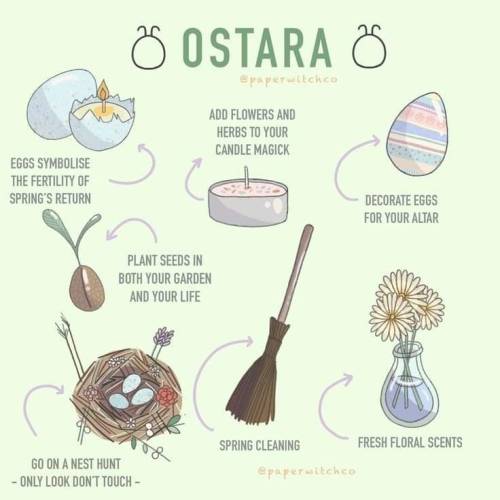
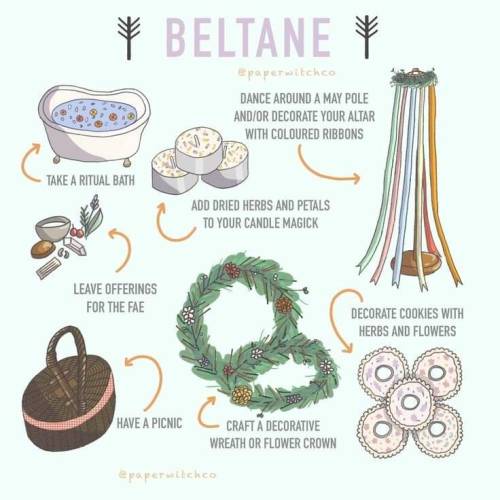
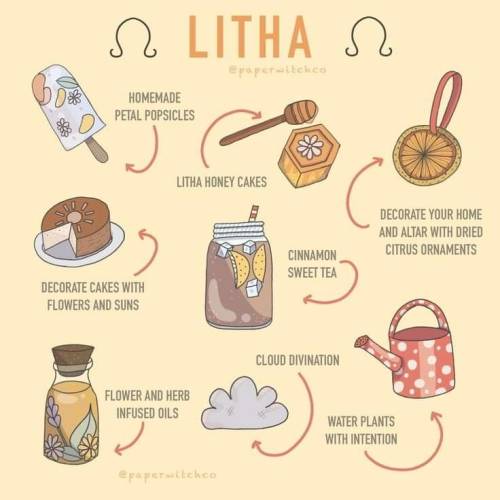
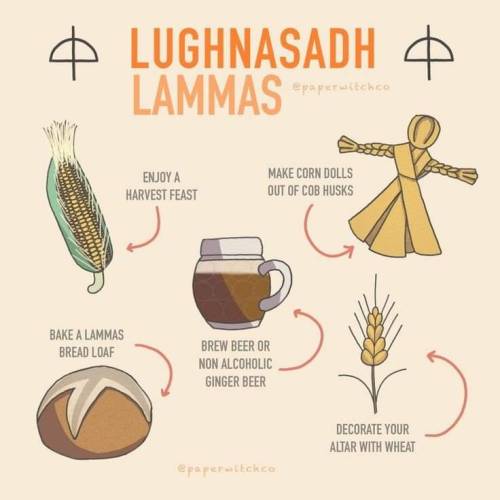
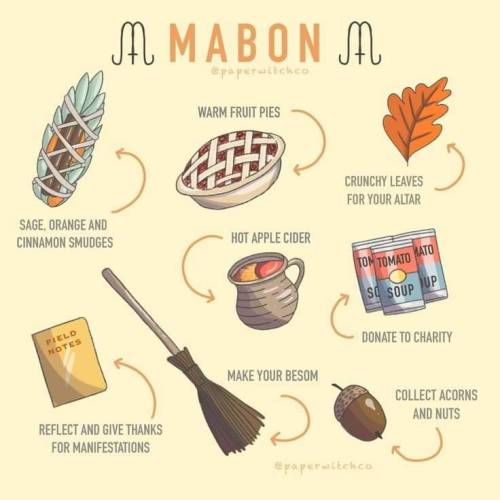
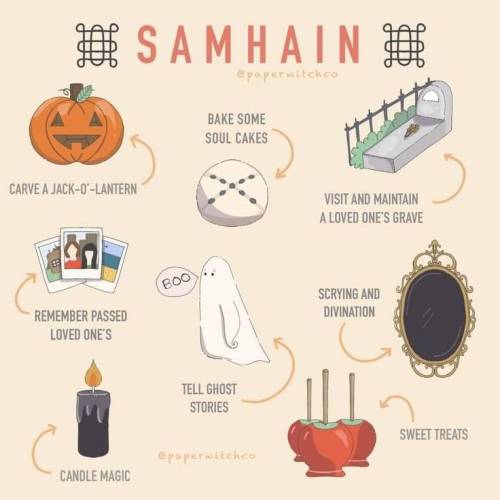

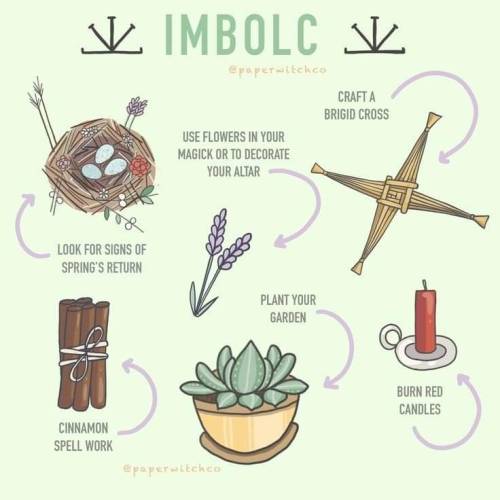
**Reminder that "smudging" is part of a closed practice. Please call it smoke cleansing.
How can you tell if a "magic" book is full of it? I'm sure with experience you can, but what about beginners?
Reading these books needs a good ‘bullshit detector’. There are a few telling signs:
1) Look at the book’s bibliography. A bibliography can give you, if it’s a good one, the primary sources an author used, and can give you an idea of other books to read. A bad bibliography can save you time - if a book hasn’t got one, or it’s a very short one, or it references only other neo-pagan texts, it’s not going to be long on facts and you might be better off reading something else.
2) Magic and witchcraft aren’t inherently religious. If the book implies or states that a neo-pagan religion is necessary in order to practice witchcraft, it’s probably not worth the read.
3) If the book says it’s about a neo-pagan religion of some kind, but talks endlessly of spells instead, it’s probably a waste of your time if you’re looking for the religious practice first. Some neo-pagan faiths will involve practicing magic, but others don’t.
4) Neo-pagan books that talk about ancient matriarchal religions spanning Europe, a ‘Great Goddess’ and all that jazz, are based in the historical theories of Margaret Murray. They were all fairly thoroughly debunked, but it still lingers in neo-pagan circles.
5) Know that things like the ‘Triple Goddess’ and the Wheel of the Year are modern inventions - they aren’t ancient, and forcing ancient deities or practices into those concepts will not always work or be appropriate.
6) If the deities you’re reading about are described as being very different from their historical selves, it’s probably a good sign that author hasn’t done their home work very well.
7) ‘The Burning Times’ did happen - but it was not a systematic genocide of a pagan religion or practitioners of magic. What you had was a mass hysteria created by the church, and taken advantage of by greedy people. They had no qualms in killing unloved neighbours or relatives for their property, with witchcraft as a scapegoat. Maybe a few witches died - but so did thousands of Christians who were unfortunate enough to be disliked, or without family, or to be a better farmer or gardener. ‘Nine Million’ is certainly hyperbole, and is not factually accurate.
8) Be aware of things that don’t fit: for example, we have what’s called the ‘potato test’. Potatoes are not native to Europe and were not discovered until explorers began invading South America. So an author that talks about an ancient Irish potato deity, for example, is absolutely full of it.
9) Authors who are patronizing and talk down to their readers, no matter the subject, should be tossed on their ears. You’re a beginner, perhaps, but you’re not stupid and you’re not a child. You don’t need the author to coddle you or ‘simplify’ the information - their assumption that you do is just rude. If you wouldn’t let someone talk to you like that in real life, why would you read a book that does the same thing?
10) Whenever you can, space your neo-pagan or magical reading out with primary sources and proper non-fiction history and anthropology texts. A primary source is going to give you the closest thing to being there, at whatever time and place you’re looking at. Academic texts can be a chore to get through, but they’re going to give you the grounding you need to have a detector of your own.
Read what you can get your hands on. At first, like you said, it’s hard to tell the gold from the dross, but you’ll get the hang of it. A couple of really awful books will give you a guideline, and you’ll find authors you can trust vs. authors you can’t.
Read critically. Don’t be afraid to be a skeptic. Similar doesn’t equal same - cultures have similar concepts but it doesn’t make their gods or their practices the same thing with different names. If you think something sounds like horseshit or too good to be true, it probably is.
Good luck, and happy hunting. :>
Depression Support Jar Spell

If you/a loved one are in a slump and need a little extra push getting out of it, this spell is for you!
materials:
jar
lemon (for happiness, purification, beauty and longevity) and/or orange peel (for confidence and creativity)
rose quartz, for love, inner beauty and empathy
black tourmaline, for absorbing negative energies
black tea, for courage and stimulation
cinnamon, for purification and strengthening love
clove, for attracting prosperity and love
elderberry, for healing and banishing negative thoughts/energies
mustard seed, to promote courage, faith, and endurance
pink/Himalayan salt, for purification, cleansing and self-love
catnip, for love, happiness and beauty
a rosebud, for love and beauty
black and pink candle (optional)
taglock, if you’re doing the spell for a loved one (hair, nail clippings, a photograph, or simply a piece of paper with their name written on it)
in my experience, when you’re doing the spell to support a loved one, it works best if the person (1) knows that you’re doing the spell, and (2) is receptive to the help. if they aren’t willing to accept the help, or don’t know that you’re doing the spell, the spell will be much less effective.
Please note that this jar spell is not a substitute for real medical advice/attention. If you are experiencing suicidal thoughts, or thoughts of harming yourself/others, please seek professional help by calling the National Suicide Prevention Hotline (800-273-8255, English and Spanish available), making an appointment with a therapist, or checking yourself into the closest emergency room.
instructions:
Tip: before adding each ingredient to your jar, hold each ingredient in your hand and visualize its properties and intentions. This will make a world of difference!
Cleanse your jar and your space as you normally would. Prep your space for spellwork by casting a circle, or however you would typically prep your space. I like to take this time to meditate on my intentions, and clear everything out of my head before starting my spellwork.
If you have black and pink candles, go ahead and light them now.
Add your salt to the bottom of your jar. Next, your stones. Then, add your tea, cinnamon, mustard seed and catnip. Then, your clove, elderberry, lemon/orange peel, and rosebud. Lastly, you’ll add your taglock. As you add your taglock, visualize yourself (or, the person you’re doing the spell for) happy, confident, and fearless. Visualize the depression and self-doubt melting away. You may choose to meditate at this step.
Finally, cork your bottle, and (optional) drip the melted candle wax of your black/pink candles on top of the cork, sealing the jar shut. If you plan on giving this jar to a loved one, you may wish to gift it to them.
Carry the jar with you/your loved one, or place it under your pillow/on your nightstand. If the jar begins to feel dull, or if the depressive thoughts continue, sit out in the sun with your jar and allow it to recharge.
Blessed be, witches! <3
Support me and my work on Patreon: https://www.patreon.com/thevirginwitch
Already am ❤️
Reblog if you are a woman and would date a transgender male
Trying to prove something to myself
I think next thursday is gonna be the best day of my entire life tbh
Tasseomancy

For more go and check my Instagram.
What is tasseomancy?
Also known as tasseography or tassology, it’s an intuitive divination technique of reading tea leaves or coffee grounds. Images changes when viewed differently so depends on reader’s perceptions. Good tool to access subconscious.
Techniques
There are different ways to interpret which area of the cup corresponds with what. There are also special cups for divination with symbols painted on its inner surface. Check diagrams: 1. Rim to bottom layout where rim area is for present, sides for near future and bottom for far future. 2. 12 month layout where you divide cup into 12 areas, from left to right each is a further future. 3. Past/future layout where left side represents past and the right side future. 4. Importance layout - rim: most important; sides: relevant; close to bottom: rival, bottom: unlucky, right from handle: lucky. Those are not all possibilities!
Reading
Get mentally prepared. Meditate, focus on the preparation of the tea and the reading. Find calm place to perform.
You’ll need a cup with a light surface, loose tea or coffee ground, stove, kettle/pot and water. Place 1 teaspoon of tea leaves in a cup, bring water to a boil and pour over your tea. Steep for 3 to 5 minutes. Stir and let to settle. If you’re using coffee grounds first heat them in a pot, pour into your cup and let to settle.
Focus on your question while enjoying the drink. Leave a small sip of drink in the bottom of cup. Swirl the leaves three times and turn the cup upside down on the saucer to drain the liquid. Turn the cup back and examine. What do you see?



🌠 Reblog to attract wealth and abundance 🌠
-
 izmirliahmetkaya liked this · 1 week ago
izmirliahmetkaya liked this · 1 week ago -
 saullovesganja reblogged this · 3 weeks ago
saullovesganja reblogged this · 3 weeks ago -
 blackstonethewolf reblogged this · 1 month ago
blackstonethewolf reblogged this · 1 month ago -
 knight-awakens reblogged this · 1 month ago
knight-awakens reblogged this · 1 month ago -
 managingmymuse reblogged this · 1 month ago
managingmymuse reblogged this · 1 month ago -
 managingmymuse liked this · 1 month ago
managingmymuse liked this · 1 month ago -
 y-yld reblogged this · 1 month ago
y-yld reblogged this · 1 month ago -
 y-yld liked this · 1 month ago
y-yld liked this · 1 month ago -
 dreamywritingdragon reblogged this · 1 month ago
dreamywritingdragon reblogged this · 1 month ago -
 dreamywritingdragon liked this · 1 month ago
dreamywritingdragon liked this · 1 month ago -
 movieexpert1978 reblogged this · 1 month ago
movieexpert1978 reblogged this · 1 month ago -
 squeakative reblogged this · 2 months ago
squeakative reblogged this · 2 months ago -
 beninedoprincessesdeservethebest liked this · 2 months ago
beninedoprincessesdeservethebest liked this · 2 months ago -
 beninedoprincessesdeservethebest reblogged this · 2 months ago
beninedoprincessesdeservethebest reblogged this · 2 months ago -
 echosechoes reblogged this · 2 months ago
echosechoes reblogged this · 2 months ago -
 saullovesganja reblogged this · 2 months ago
saullovesganja reblogged this · 2 months ago -
 idonotdonormal reblogged this · 3 months ago
idonotdonormal reblogged this · 3 months ago -
 sick-and-twisted-submarine liked this · 3 months ago
sick-and-twisted-submarine liked this · 3 months ago -
 shakespeareanqueer reblogged this · 3 months ago
shakespeareanqueer reblogged this · 3 months ago -
 irislol345 liked this · 3 months ago
irislol345 liked this · 3 months ago -
 dankfabio reblogged this · 3 months ago
dankfabio reblogged this · 3 months ago -
 noname-kat reblogged this · 3 months ago
noname-kat reblogged this · 3 months ago -
 call-me-the-messenger reblogged this · 4 months ago
call-me-the-messenger reblogged this · 4 months ago -
 call-me-the-messenger liked this · 4 months ago
call-me-the-messenger liked this · 4 months ago -
 samsarasuki liked this · 4 months ago
samsarasuki liked this · 4 months ago -
 pressuredrightnow reblogged this · 4 months ago
pressuredrightnow reblogged this · 4 months ago -
 vanmanggogh reblogged this · 4 months ago
vanmanggogh reblogged this · 4 months ago -
 arguablyme reblogged this · 4 months ago
arguablyme reblogged this · 4 months ago -
 thecutestlittlebunbunfairy reblogged this · 4 months ago
thecutestlittlebunbunfairy reblogged this · 4 months ago -
 shakespeareanqueer reblogged this · 4 months ago
shakespeareanqueer reblogged this · 4 months ago -
 firebirdmaximus reblogged this · 4 months ago
firebirdmaximus reblogged this · 4 months ago -
 galaxy98 reblogged this · 4 months ago
galaxy98 reblogged this · 4 months ago -
 flarerabbit07 reblogged this · 4 months ago
flarerabbit07 reblogged this · 4 months ago -
 matt0044 reblogged this · 4 months ago
matt0044 reblogged this · 4 months ago -
 voidgotham reblogged this · 4 months ago
voidgotham reblogged this · 4 months ago -
 lexthegremlin reblogged this · 4 months ago
lexthegremlin reblogged this · 4 months ago -
 fission-mailure reblogged this · 4 months ago
fission-mailure reblogged this · 4 months ago -
 thesubtlepenguin liked this · 4 months ago
thesubtlepenguin liked this · 4 months ago -
 fission-mailure liked this · 4 months ago
fission-mailure liked this · 4 months ago -
 julaenys reblogged this · 4 months ago
julaenys reblogged this · 4 months ago -
 heartstrings24 reblogged this · 4 months ago
heartstrings24 reblogged this · 4 months ago


